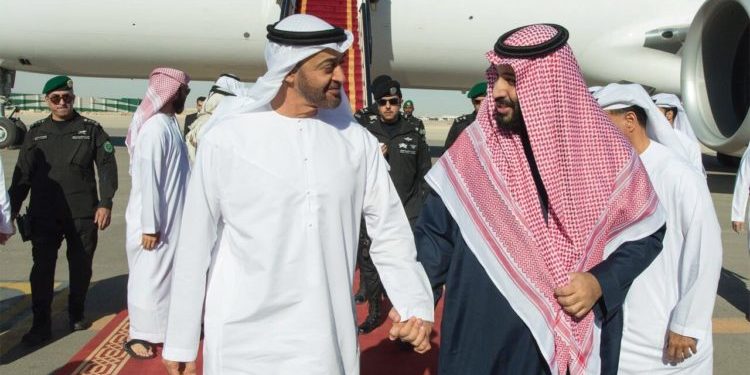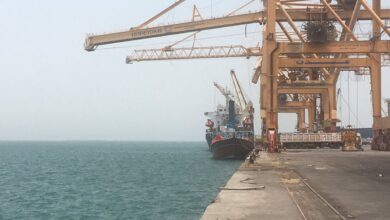Saudi Arabia Faces Huthis Alone in Yemen After UAE Withdrawal

The UAE’s decision to withdraw its forces in Yemen puts the Saudis in a standoff against the Houthis, weakening their position or ultimately complying to their demands to stop the war and engage in a direct peace process.
Observers expect that the strategic performance of Saudi air and naval operations will be affected, with the absence of the UAE. Saudi Arabia will not be able to find a regional alternative to counterbalance the absence of its role.
Above all, the cost of the confrontation will increase Saudi’s burden if the Houthis insist on continuing the war. The Houthis long-term strategy focuses its attacks on cities, industrial centers, oil and power generation in Jizan, Asir, and other areas in depth. In the time Iran and Hezbollah continue their support, especially in the field of ballistic missiles, and drones.
The UAE forces represented in the Arab Coalition for the Support of Legitimacy in Yemen have represented the second active force after Saudi forces since 2015.
The UAE has focused on Aden, the famous historic port, the coastline along the Gulf of Aden and the Red Sea, and the strategic islands, such as Brim and Socotra.
Therefore, it has concentrated its forces in these areas during the last years of the war to impose its presence in the African coast.
The UAE’s strategy has gone beyond the establishment of armed militias independent of the legitimate authority and its support. Some of these militias are separatist, tribal, salafist, and others led by warlords.
These militias have become another obstacle to the return of legitimacy. Relations with President Abed Rabbo Mansour Hadi has deterorated, and the war has escalated and have turned into a humanitarian catastrophe that has led the UAE to withdraw from some areas.
The withdrawal of the UAE is unlikely to stop the war soon, although it will weigh heavily on Saudi as a result of the double costs and burdens of confronting it. This goes beyond the widening differences in attitudes and interests between the two allies.
The decision of the UAE raised questions about its implications on the groundand the fate of the Arab alliance and the future of the conflict in Yemen between Hadi government and the de facto authority in Sana’a, the Houthis.





